Mid-week parliamentary excitement as Boris reshuffles his ministers. Williamson is out…
The UPP Foundation have a new report challenging the Government’s metrics which work against the regional levelling up agenda. The Free Speech Bill continues its march through the Commons and …
Cabinet Reshuffle
After months of on/off speculation about a reshuffle, we finally got one last week. It started slow, with just three high profile ministers moved or removed – Gavin Williamson out completely (now that this year’s exam cycle is finished), Dominic Raab moved to Justice from the Foreign Office after the Afghanistan chaos, and Robert Buckland out, seemingly to make way for Raab.
But then it got more wide ranging with a lot of moves at a more junior level. The Institute for Government website has a chart showing the extent of the moves (they also have lots of analysis of experience, gender etc).
But the headline for us is that Nadhim Zahawi is the new Education Secretary, Michelle Donellan has stayed in place and added post-16 education and skills to her job and will also attend Cabinet, and Amanda Solloway has also gone (to be a whip) and has been replaced by George Freeman.
You can read the Wonkhe article about the new Secretary of State here and the Research Professional one here.
Free Speech
The HE Freedom of Speech Bill was treated to three days of evidence and debate this week. Various amendments were considered and written evidence has been published.
Wonkhe blogs;
The potential for confusion, duplication, conflicting rights and remedies for the same issue does not appear to be being addressed. What will result is a lot more guidance and probably not a lot of change. Not that it is clear that change was needed…..
Staying local post-graduation
The Bridge Group and the UPP Foundation published Staying local: understanding the value of graduate retention for social equality. Set within the context of the Government’s focus on LEO data (longitudinal education outcomes data) and the current Government focus on defining the value of courses by the salary the graduates earn this report highlights the failing of both the aforementioned metric – the local context. Both metrics fail to acknowledge the regional salary disparities, socio-economic background of the area in which a HE institution operates, and the students for whom other factors are more important that moving to a lucrative position in a big company in a big city.
The report tackles the definition of a successful graduate outcome. It makes familiar arguments over the geographic-social role of a university – stemming the graduate brain drain away from the area, providing talent for economic and cultural growth, improving the health and wellbeing of the area. The civic agenda is as expected, after all the UPP Foundation did set up the Civic University Network which brings the place based agenda and values the role of universities as anchor institutions.
Universities cannot simply be job factories, important though their role is in creating the workforce of tomorrow. To focus on graduate salary alone as a benchmark for success has the potential to create the perverse outcome of incentivising graduate mobility away from the very towns in which they were educations, and have the potential to contribute to. Rt Hon Chris Skidmore MP (former Universities Minister).
As you’d expect the report has much to say on the importance of the retention of the graduate workforce for levelling up of workforces and opportunities across the country. And it predicts:
The importance of commuter students and addressing their needs, often overlooked in salary data, will also be a key policy agenda for the future. Rt Hon Chris Skidmore MP (former Universities Minister).
- 51% of graduates remain local post-graduation. This includes commuter students and those originally from another area, although some were from the wider regional area.
- Graduates who stayed on in the region post-graduation were more likely to be from lower socio-economic backgrounds, more likely to be first in family to attend university and more likely to be a mature students.
- Commuter students who stay within the same area share the same characteristics as described in the bullet point above and are more likely to be from a Black, Asian or other ethnic minority background.
- The report states that graduates who stay in the region have different priorities and think about success in alternative ways than are captured by the current performance metrics. Salary was not their first consideration in choosing where they work and live.
- Wellbeing, financial independence and health were all important considerations to graduates who stay on in the region. Capitalising on lower living costs and using social networks to achieve social mobility and secure graduate employment were reasons to stay. Interviews also revealed graduates were pursing meaningful employment and living in environments that appealed to them.
- Staying in the region of study post graduate was an active choice. Although some remained because they could not afford to undertake unpaid internships or risk not being able to cover living costs in higher earning/higher cost of living areas.
- The report states that a university agenda which aims to encourage social mobility should be wary of using metrics that inadvertently weight the success of graduates from higher socio-economic backgrounds over the successes of graduates from lower socio-economic backgrounds.
- The report states that the LEO salary metrics can act as a disincentive for universities to support their graduates from staying on in the region – which is contrary to the Government’s levelling up agenda.
- The report also makes recommendations for employers encouraging them to challenge their assumptions that the majority of graduates want to move away from the area.
As you’ll have spotted above former Universities Minister Chris Skidmore wrote the foreword for the report and he has separately blogged about the findings for HEPI: Now is the time to recast universities’ relationships with their local areas.
Research Professional have excellent coverage of the report:
- …failing to account for differences in regional salary levels could make certain universities appear to offer students poorer value for money. “[We want to] ensure that when someone who went to the University of Leeds moves to Sheffield, their value-for-money score isn’t damaged—because at the moment, if they went to London, their value-for-money score is going to be far higher
- the use of graduate salary metrics “fails to capture the broad ways in which graduates understand their own success stories” and “needs to be addressed, if universities and their graduates are to increase their contribution to the levelling-up agenda”
Richard Brabner, UPP Foundation Director, said: Universities have been criticised for pulling talent away from the regions and towards metropolitan cities, but the reality is much more nuanced. All universities play a key role in their local economies, and should be judged on the basis of meeting the values and expectations of their graduates, rather than simply crude salary data.
Research Professional conclude: With the spending review now set for the end of October, to be accompanied by the government’s full response to Augar, it would be an optimistic gambler who put any money on the government moving away from crude salary data as a proxy measure of course quality. Expect more references to ‘pockets of low quality’ rather than a celebration of those hard-working graduates who are doing so much for their local communities.
Research
- ESRC will continue to fund the Administrative Data Research UK project with a further £90 million investment. The project provides access to accredited researchers to de-identified data from government departments, local authorities and health authorities. It aims to enable better-informed policy decisions that address major societal challenges and improve public service provision across a range of areas including education, healthcare and crime, ultimately linking policy and research more closely. See more on ADR UK.
- Research Professional (RP) – The UK’s national research funder has responded to an open letter, written over a year ago by 10 prominent Black female academics and campaigners, criticising its approach to the representation of Black researchers and their participation in research.
- RP – The Campaign for Science and Engineering publishes a five-point roadmap to make the UK a science superpower.
- Better science communication and public engagement push spearheaded by ECRs (RP article).
Students
Suicide: The OfS published Working together on suicide prevention in HE. There is a compilation of resources and a topic briefing which draws out some of the advice from the Suicide Safer Universities guidance and presents examples from providers detailing their approaches to suicide prevention. The examples also highlight the benefits of working with the local community, including involvement in regional suicide prevention networks and community response groups. The briefing draws on the 2018 Office for National Statistics suicide research. Data:
- The number of identified students in higher education who died by suicide between 2000-01 and 2016-17 was 1,330.
- The rate of deaths by suicide in the higher education student population remained at 4.7 deaths per 100,000 students between the 12 months ending July 2015 and the 12 months ending July 2017. The number of suicides in the higher education population in the 12 months ending July 2017 was 95.
- The rate of suicide for female students was significantly lower than the rate for male students. This was observed when looking at overall student suicides, as well as looking at the difference in studying part- or full-time, whether studying at undergraduate or postgraduate degree level, and the undergraduate year of study.
- 83% of deaths by suicide (1,109) were among undergraduates and the remaining 17% (221) were among postgraduates.
The ONS data also analysed student deaths by suicide compared to the general population and found:
- For each age group, the suicide rate was significantly higher in the general population than in the student population
- For the 12 months ending July 2013 to the 12 months ending July 2016, higher education students made up approximately 37% of the general population for those aged 20 years and under, 17% in those aged 21 to 24 years, 6% in those aged 25 to 29 years, and 2% in those aged 30 years and over.
Tax: Research Professional have an interesting article on the implications of the Government’s national insurance increase of 1.25%. Here are the implications for graduates:
- From next April, anyone with a student loan and income above the repayment threshold will see 49.8 per cent of any increase in pay from their employers taken away in income tax, national insurance and student loan repayments, as a Financial Times analysisshowed last week. In other words, any pay rise for graduates will now be taxed at nearly 50 per cent.
- That is an extraordinary position for a Conservative government to find itself in. It’s not so great for graduates, either.
- This is before we consider a likely lowering of the loan repayment threshold as a result of the comprehensive spending review. Imagine being a young lecturer or early career researcher looking at increased national insurance and pension contributions plus bigger student loan repayments.
- Let’s take the example of a lecturer in their first job on a starting salary of £33,000 who, after years of graduate study, is finally able to start repaying their loans [the example pretends they don’t have postgraduate loans to repay]… Should their salary go up by £1,000, they will have to pay £200 in extra income tax, £132.50 more national insurance, and £90 in additional student loan repayments. Their university employer will also have to pay £150.50 in national insurance, making a total tax grab of £573, or 49.8 per cent, on the combined £1,150.50 of employment costs. That is a level of taxation that previously only applied to the personal allowance for those earning over £100,000, at which point every £1 in £2 earned is taken in tax.
- One of the justifications for the introduction of £9,000 tuition fees by the coalition government was that graduates earned on average £100,000 more than non-graduates over their working lifetime. In the example above, that ‘graduate dividend’ would be entirely dissipated in additional tax take—and then some—over the 30 years of student loan repayments.
Admissions
The Education Policy Institute (EPI) published a report on the narrowing of the 16-19 curriculum breadth and employment outcomes. The proportion of students with A and AS levels from at least three of the main subject groups such as humanities, sciences, maths and languages, has halved since 2010. Despite the narrowing graduates with greater subject diversity at A level saw a boost to their earnings in their 20s. The report notes that England has one of the narrowest curricula in the developed world as students specialise in only a small number of subjects from age 16, the specialisation then continues as the student progress into HE.
EPI state:
- The research also reveals those groups of students who are more or less likely to study a broader range of subjects. Students who perform well at GCSE are far more likely to go on to study a greater mix of subjects at A level. Conversely, disadvantaged students are much more likely to narrow their choices.
- Students from Chinese and Indian backgrounds are shown to study the broadest range of A level subjects, while Black Caribbean and Gypsy/Roma students study the narrowest range.
- Reforms introduced by the government around 2013, such as the decoupling of AS and A2 levels, are likely to have contributed significantly to the narrowing of A level choices seen today.
- The fall seen in funding for 16-19 education also seems to have played an important role. Falls in real terms funding for sixth forms and colleges since 2010 may have led to fewer qualifications being taken, which in turn have contributed to narrower student choices.
- To prevent a further narrowing of 16-19 education, the report calls on government to undertake a wholesale review of 16-19 funding, including reducing cuts, offering more targeted support for disadvantaged students, and ensuring that the funding system no longer discourages the take up of smaller qualifications, such as levels.
Also this week – the Independent Assessment Commission has published a report on the future of assessments and qualifications in England
Parliamentary Question: The effect of the high level of A*s at A-level on university admissions for students – this received a factual response.
Access & Participation
Deaf Students: The National Deaf Children’s Society released data over the summer highlighting the gap between deaf and hearing students.
34% of deaf students received two A-levels or equivalent in the 2020 exams compared to 55% of hearing students. The gap has increased from previous years.
The National Deaf Children’s Society stated that deafness is not a learning disability and the gulf between deaf and hearing students is an injustice now ingrained in the education system; they call on the Government to act swiftly.
Care & Estranged Voices: Portsmouth University produced the ‘From Our Experience’ podcast miniseries. Each podcast was created by current students with their own lived experiences of care or estrangement, the podcasts are all about the student’s own voices. The students chose the podcast topics and content. A rare opportunity to listen to the student voice in an easily accessible format.
Graduate Outcomes
During the summer the Higher Education Statistics Agency published HE graduate outcomes: open data 2018 to 2019. The difference in earnings between men and women remains stark, at 15 months post-graduation:
- 5,075 women earned £45,000 (7,410 men).
- Only 5.2% of women were in the three highest-earning categories (men 10.8%)
- 60% of women earned salaries below £27,000 (men 50%)
- Graduates earning between £24,000 to £26,999 most strongly felt their work was meaningful (58%).
The statistics are caveated by noting that the response rate for the Graduate Outcomes survey isn’t as high as would be liked yet (c 40-50% response).
Meanwhile, this week, the Behavioural Insights Team have published updated evidence on what works to reduce the gender pay gap for employers.
International
Two new HEPI blogs:
Parliamentary Questions
Inquiries and Consultations
Click here to view the updated inquiries and consultation tracker. Email us on policy@bournemouth.ac.uk if you’d like to contribute to any of the current consultations.
Other news
Creative diversity imbalance: Wonkhe – The All Party Parliamentary Group for Creative Diversity has launched a report in partnership with King’s College London and the University of Edinburgh examining equity, diversity and inclusion in the creative sector. The Creative Majority finds that those from middle class backgrounds are twice as likely to be employed in the creative sector than those from working class backgrounds. The report presents policy options for how to address this imbalance such as not using unpaid interns.
Subscribe!
To subscribe to the weekly policy update simply email policy@bournemouth.ac.uk. A BU email address is required to subscribe.
External readers: Thank you to our external readers who enjoy our policy updates. Not all our content is accessible to external readers, but you can continue to read our updates which omit the restricted content on the policy pages of the BU Research Blog – here’s the link.
Did you know? You can catch up on previous versions of the policy update on BU’s intranet pages here. Some links require access to a BU account- BU staff not able to click through to an external link should contact eresourceshelp@bournemouth.ac.uk for further assistance.
JANE FORSTER | SARAH CARTER
VC’s Policy Advisor Policy & Public Affairs Officer
Follow: @PolicyBU on Twitter | policy@bournemouth.ac.uk
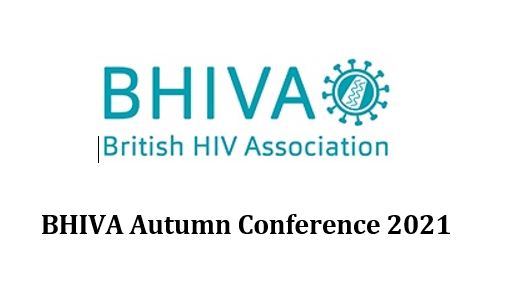 Congratulations to PhD student Abier Hamidi on winning two scholarships within weeks. Earlier this month Abier was awarded a scholarship from the BHIVA (British HIV Association) to pay the registration fee for BHIVA Autumn Conference. This week she was also successful in getting a scholarship covering registration for the ‘Arab Health Summit: Advancing Health Equity for Women’ to be held on October 19-21. The Arab Health Summit serves as a platform for researchers in the USA to connect with their global counterparts, including in the MENA (Middle Eastern and North African) region. This summit offers a unique opportunity for Abier to exchange ideas and develop research relationships that may support her PhD study.
Congratulations to PhD student Abier Hamidi on winning two scholarships within weeks. Earlier this month Abier was awarded a scholarship from the BHIVA (British HIV Association) to pay the registration fee for BHIVA Autumn Conference. This week she was also successful in getting a scholarship covering registration for the ‘Arab Health Summit: Advancing Health Equity for Women’ to be held on October 19-21. The Arab Health Summit serves as a platform for researchers in the USA to connect with their global counterparts, including in the MENA (Middle Eastern and North African) region. This summit offers a unique opportunity for Abier to exchange ideas and develop research relationships that may support her PhD study. 
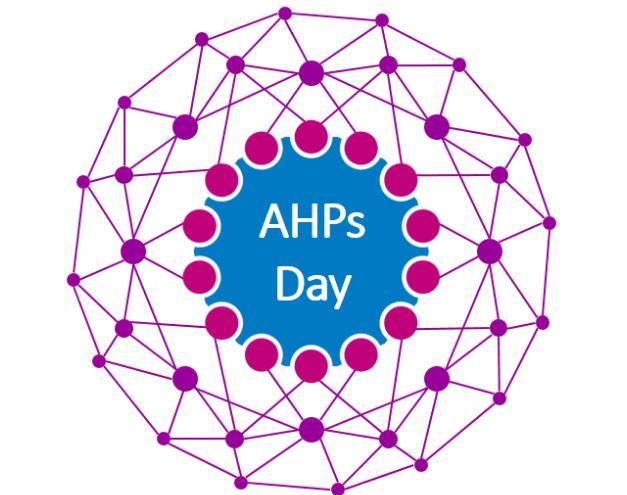

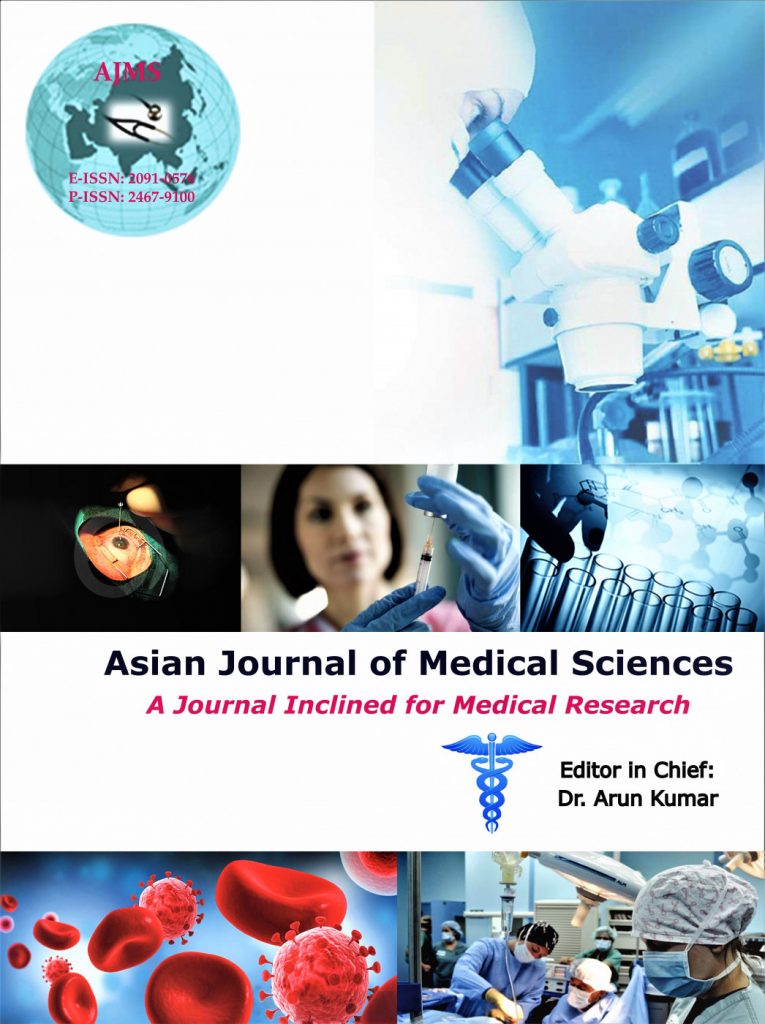


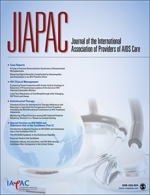


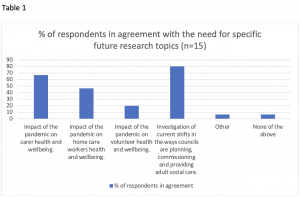
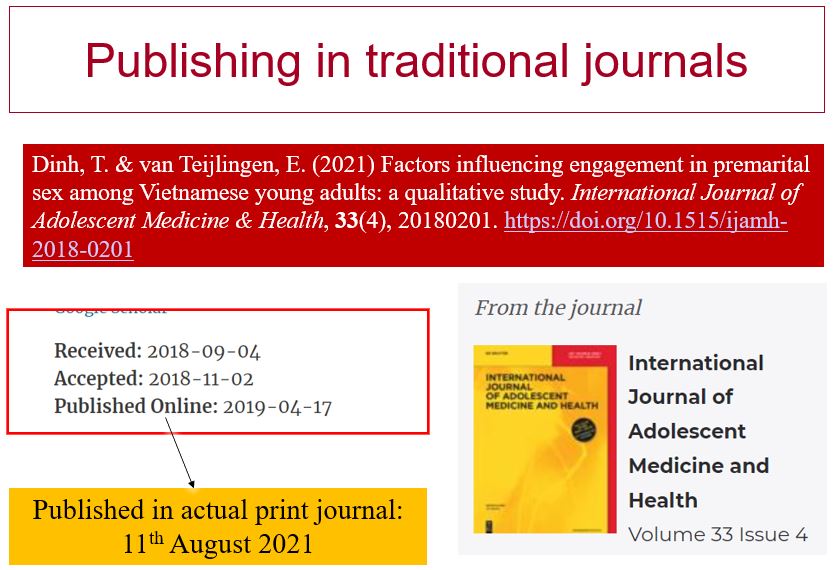
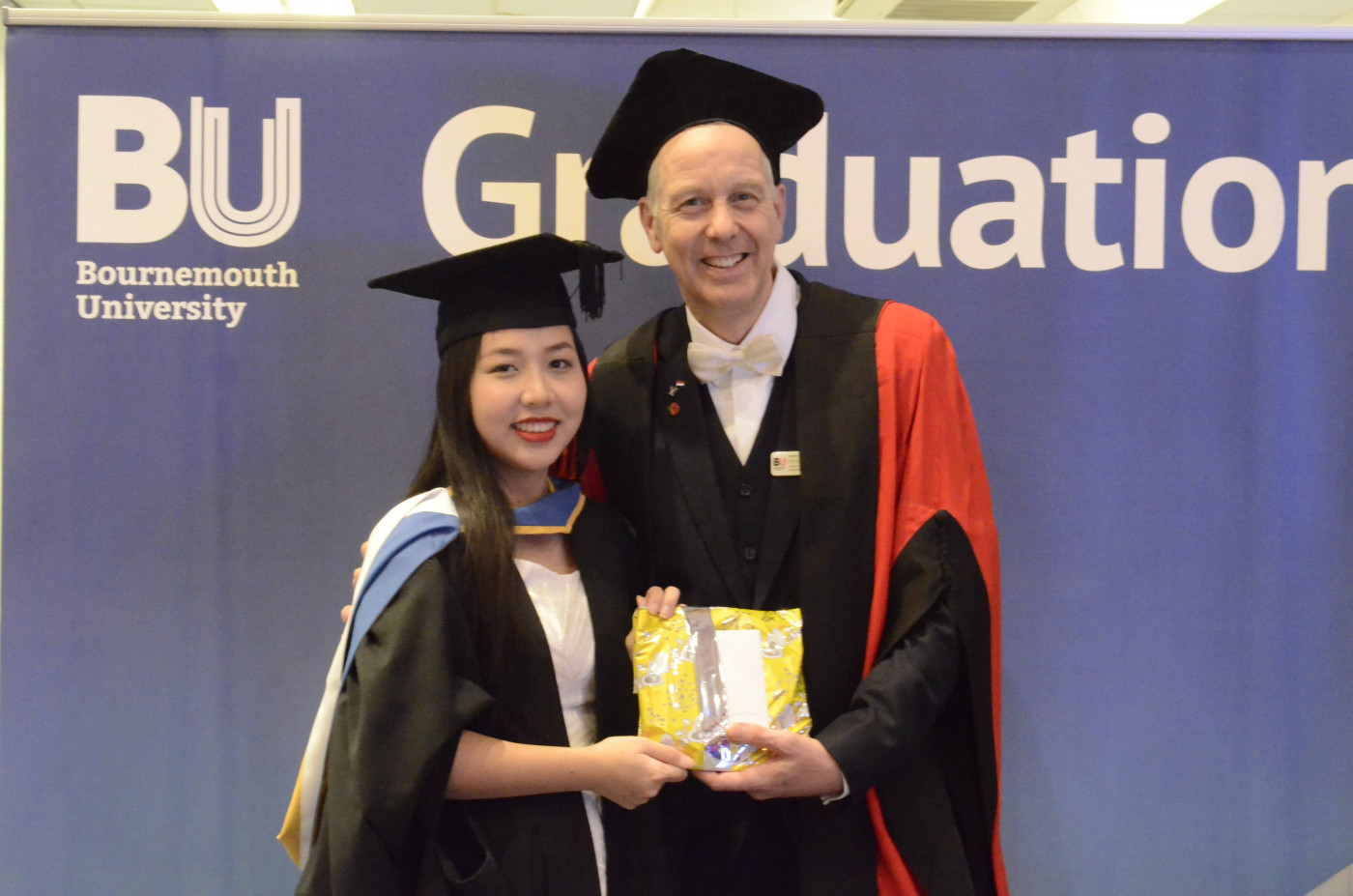
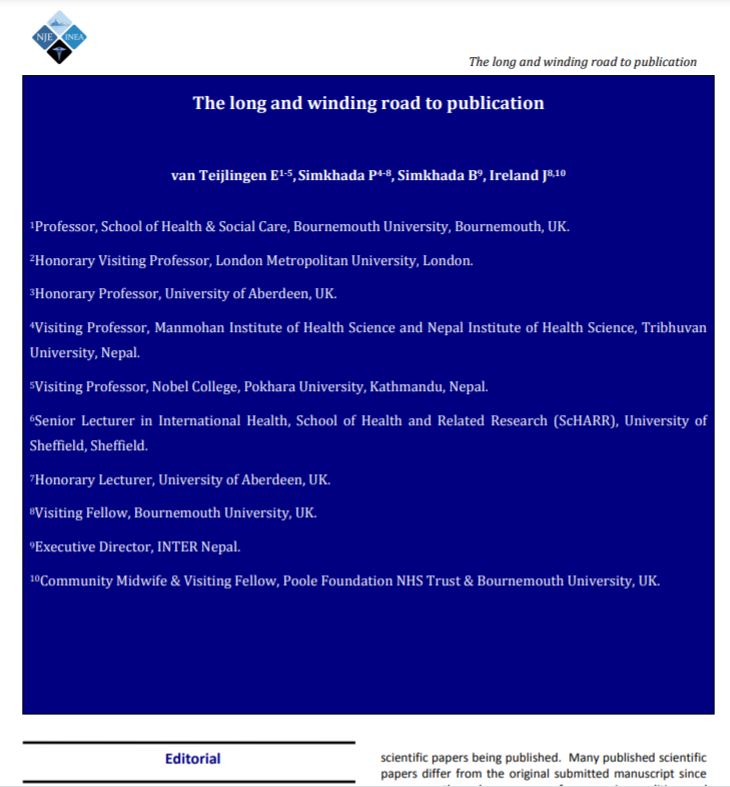

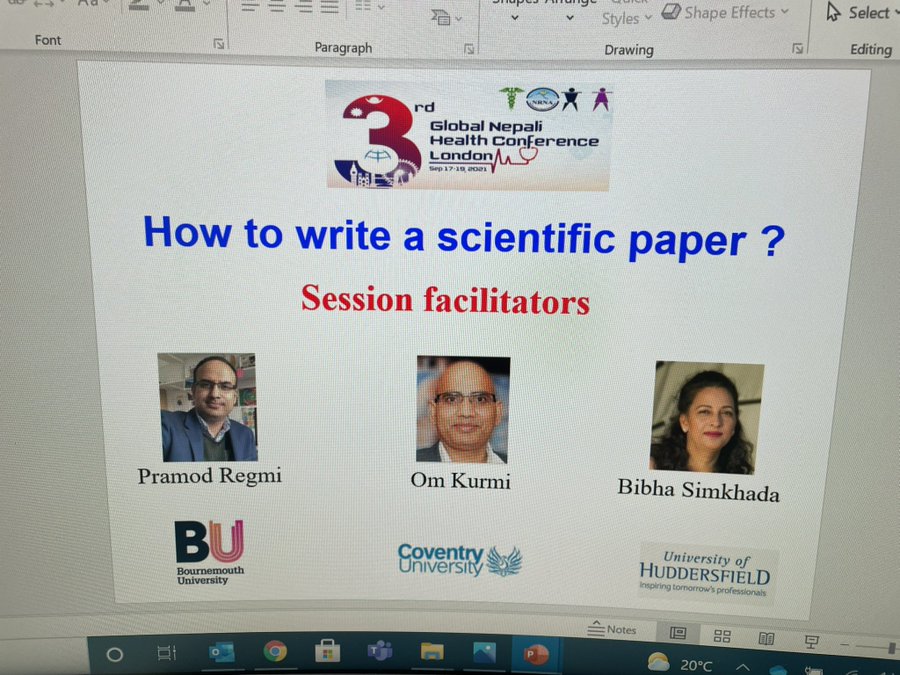
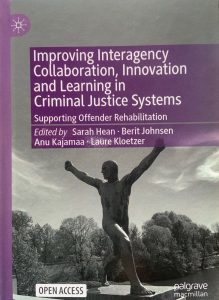
 If so, then we need your assistance! The unforeseen Covid-19 pandemic has resulted in great professional and personal challenges for all academics but particularly mothers. Working from home, home-schooling and periodical closure of schools, nurseries and other childcare settings is the ‘new normal’, which is why we are keen to hear your unique experiences.
If so, then we need your assistance! The unforeseen Covid-19 pandemic has resulted in great professional and personal challenges for all academics but particularly mothers. Working from home, home-schooling and periodical closure of schools, nurseries and other childcare settings is the ‘new normal’, which is why we are keen to hear your unique experiences. 

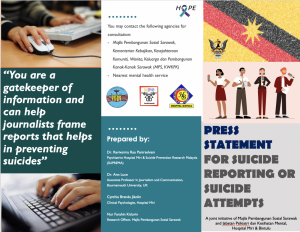
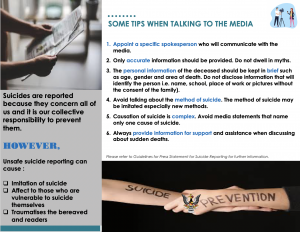














 ESRC Festival of Social Science 2024 Open Call – Deadline for Applications Thursday 16 May
ESRC Festival of Social Science 2024 Open Call – Deadline for Applications Thursday 16 May We can help promote your public engagement event or activity
We can help promote your public engagement event or activity Horizon Europe News – December 2023
Horizon Europe News – December 2023